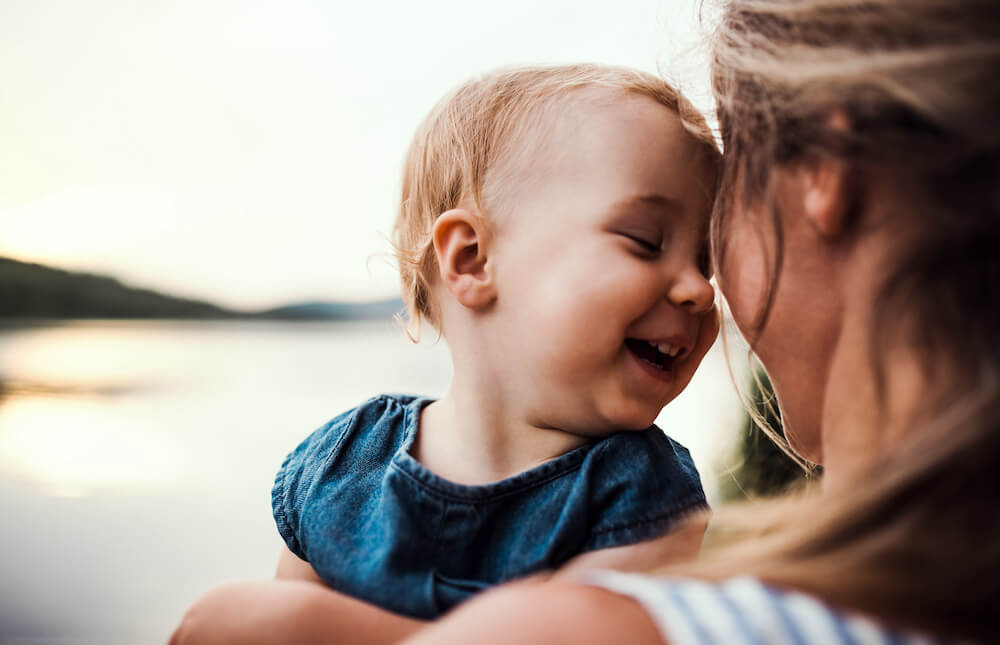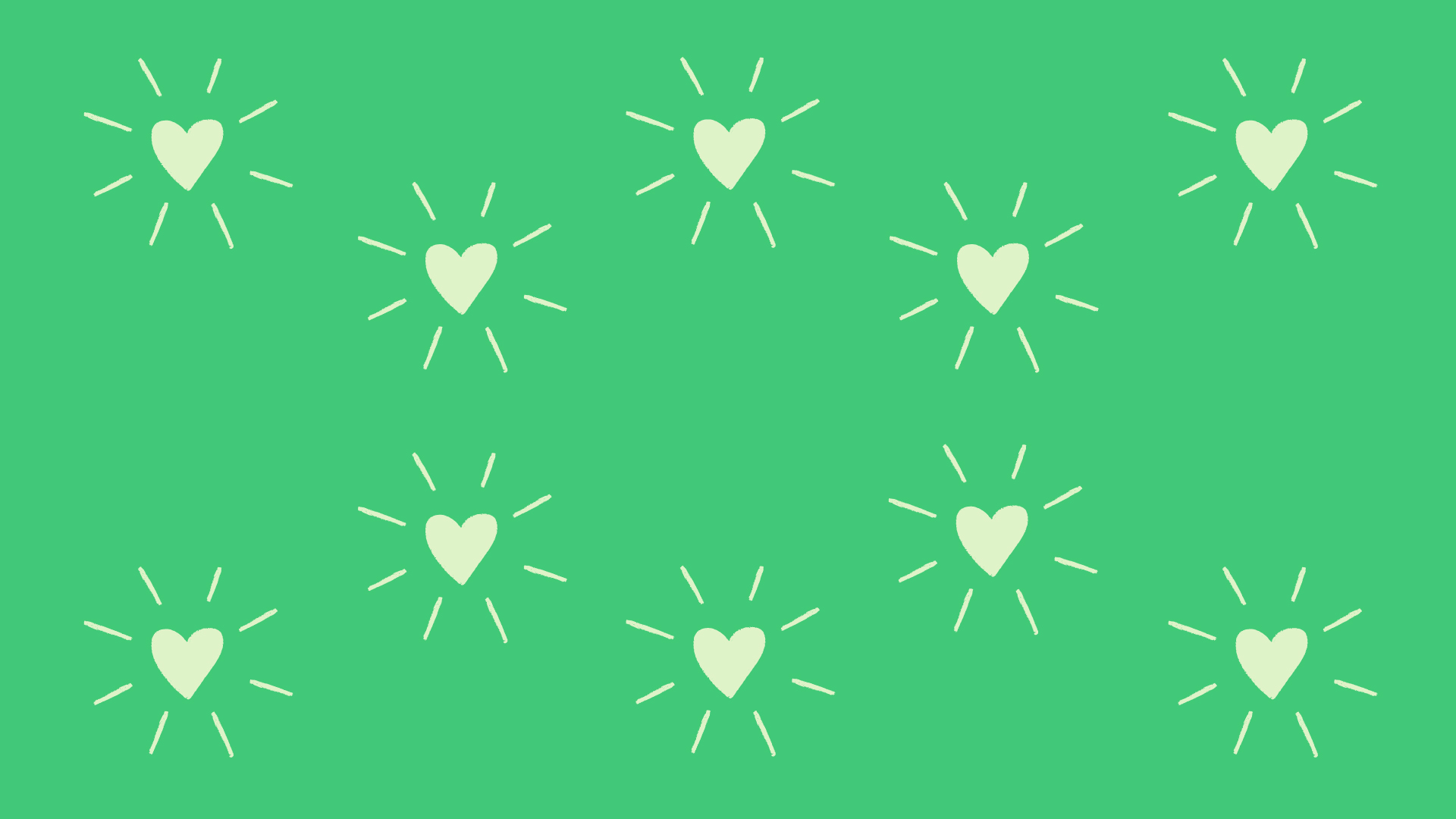
- 5 mins
How to Stop Your Toddler From Hitting, According to Experts

Feelings are big for little people. As parents, we can help our kids deal with their emotions. The ways of doing this can vary depending on their age. We have put together some useful tips when it comes to helping kids steer through the blustery winds of big feelings.
It’s great to educate your little one on their feelings even at this early age but in a way that suits their brain development. Showing you understand how they feel with empathetic facial expressions and affection can help them feel validated. Even at this young age, they can learn to distinguish between different types of big feelings and label them as they arise. You can help this along by saying things like ‘you seem mad’ if they are visibly frustrated or ‘you seem sad’ if they look unhappy. Thoughtful reflection on how they are feeling is great.
It is possible to justify how they feel and set appropriate boundaries at the same time. If your child hits their sibling for taking their toy as an example, you can say, ‘you look cross but hitting hurts so use your kind hands’. Sharing is tricky for a toddler so try not to hope for too much. It’s ok to say ‘no’ especially when you need to; however, toddlers tend to really up the ante when it comes to a fight-to-win situation. Instead, you could try engaging them in another way. If they seem restless and won’t stop kicking the back of the chair, for example, you could try ‘let’s go run around in the garden for a little while to release some energy’ or ask them to come up with an idea. Using movement to release stress is a great way to change the perspective of the whole family.
Having a toddler can feel super frustrating. I remember it all too well! Tantrums seemed to last for lifetimes. I feel your pain and you are doing your best! You being there and giving them space to work through their emotions will help them make sense of their inner experience and world. Well done if you manage to do this even for some of the time.
By the age of five, a child’s brain is nearly fully grown. The more responsive and positively interactive you are as a parent, the more they are likely to develop those all-important skills like coping strategies, good communication, compassion, empathy, and conflict resolution. This doesn’t mean to say you can’t make mistakes as a parent. Getting things wrong and apologizing are also fantastic life lessons to learn. They will be more able to run through how they experience things by this age. Letting them verbally ride their story of emotion helps your child feel more in control.
You can also help them develop more sophisticated labeling of feelings. As studies indicate, children of this age can identify feelings of happiness, sadness, and anger. With some parental reflection, you can help them identify feelings like jealousy, disappointment, embarrassment, shyness, and pride – amongst others. Understanding Jealousy with Buster and Fifi through the power of gratitude is a lovely one to try in our Moshi app. This is also a good age to teach your kids that big feelings do come and go. Toddlers have more of a fixed way of viewing things. If they are feeling angry, it’s good to validate this but also let them know that this feeling will pass. Our 5 Minute Anger Release with Blurp might help this along. This Moshi meditation can help anger float away by imagining clouds of frustration leaving the body. Repeat after Blurp … ‘My anger today is going away.’
By the age of five to six, you might find your child has fewer explosions of big feelings. This is because their ability to label emotions has allowed them to slow down their reactive outbursts. By the age of seven, your child will take on board other children’s interpretations of things and guess what another child may be thinking. Seven-year-olds can also organize their thoughts more logically. Piaget called this the Concrete Operational Stage of Cognitive Development. You can help them develop this skill by wondering together what certain facial expressions might mean. For example raised eyebrows, wide eyes, or an open jaw.
Their brain’s prefrontal cortex starts to develop during this time so they are able to have better impulse control. During this early school age, you will really start to see a difference in the way they think and behave but also understand they are still so little so will naturally experience a range of big feelings and get things wrong. One way of helping them when they do react impulsively is to ask them to apologize and check in with that person they may have offended. Or better still ask them what kind of solution they can come up with themselves. They will start to fully understand that negative behavior carries consequences. All the while you can still continue to use the previous skills of validating how they feel and letting them tell their version of events.
Children can really accept the idea of how meditation will help them feel calmer at this age. Here at Moshi we make meditation fun with lots of beautifully created soothing tracks to help kids feel less anxious and sleep longer. We use relatable scenarios and magical characters to help your child manage their big feelings and process perspective.
Thank you for taking the time to read this. Picking up just a few tips will be so fruitful for your family. Remember if you are worried about your child or need support yourself, please reach out to your healthcare professional for extra guidance. Wishing you lots of luck (and patience!)